OUT: Brujos has a lot of elements and themes woven into it--science fiction, intimacy, social justice, the queering of magic, and the focus on brujeria as a pre-colonial and indigenous healing practice. Can you tell me more about how the idea for the series came together?
Ricardo Gamboa:Brujos was the result of a confluence of factors. When you grow up Mexican-American, so much of the quotidian culture and communication takes magic or the supernatural as part of everyday, real-ass life--catching ojo (evil eye) or getting a limpia (cleansing). And, when you're growing up queer, you experience the world differently, something resonant with the supernatural. Sometimes you're like a ghost. I mean your very existence is haunted by heteronormativity and the threat of violence and in turn, you haunt the normal, straight world. Those are things I felt.
I didn't come out until my mid-late 20s. I moved to NYC and had my first gay relationship and heartbreak. And during all that suffering, I didn't go to a therapist. Since I'm a messy bitch, I went to a psychic, a tarot reader. Everything she predicted and said, down to the day and hour, came true. That tarot reading would be one of the first of many supernatural occurrences in my life since that day and a catalyst for exploring.
Experiences like that coincided with my entrance into graduate school for the idea of Brujos to really come together.
Brujos is set in the Chicago neighborhoods of Pilsen and La Villita. These areas primarily consist of Latinx, working-class communities and are being rapidly gentrified. Like in physical aspects of gentrification, we see a similar erasure of queer, Latinx, and queer-brown narratives in television shows and films. Brujos actively works to subvert the skewed Chicago-based show storylines we typically see as viewers. Can you expand on why these narratives are more important now than ever, as well as the difficulties of getting indie and queer of color work off the ground?
When I first started writing Brujos, shows like Girls came out. I wrote it to be the antimatter of those shows. It wasn't going to be a show centered on white frivolity, normativity, and privilege. Even though we see more people of color, LGBT people, and women in television than ever before, most of these programs depict these people playing out normative scripts in accordance with dominant culture and values.
I wanted to make a show that empowers us people of color and [celebrates] difference in all our beautiful non-normativity and radical creativity. I don't know if representation necessarily matters. [But] I do think that media matters; media that does representation rigorously and isn't afraid to ask important political and social questions can be very impactful.
Brujos isn't about people of color or queer people of color succeeding or finding love in the normative world. It's about them taking that world down and living their lives effectively in the antimatter of white supremacy and heteropatriarchy. We are about to have to try and survive the next four years with a president that won the Oval Office with a campaign comprised entirely of ableism, racism, sexism, homophobia, transphobia, Islamophobia, and xenophobia.
A major factor in the rise of this Cheeto-colored zealot was the spotlight he was provided by mainstream media. [This] points to the need for alternative media. Not just alternative media like Democracy NOW!, but also alternative entertainment.
So, how does Brujos do this and why is it so relevant now?
The lack of nuanced and acutely socio-politically aware entertainment is violence and an attempt to deprive people of affirmative images so that they cannot visualize themselves as actors in their own biography and society.
Media representation [should be] about giving people a referent--a dream to pursue, a way to be, things to want. Depriving people of affirmative images or an array of desires, lifestyles, etc. is a way to make them negate themselves and limit their horizons of conceptualization.
Brujos is an invitation for people, particularly those that I feel are most marginalized in the society, to engage and reflect on their realities.
This year, 50 working-class gay men of color, queer Latinxs, and their girlfriends of color were gunned down in Orlando. This year merits a show that focuses on gay men of color, queer Latinxs, and women of color.
***
The first installment of Brujos drops January 17th. To learn more on how to help support this project, click here.
Nayeli Portillo is a queer-latinx writer, music nerd and bookworm from the Midwest. Nayeli's work has been featured in Remezcla, HuffPost Queer Voices, IMPOSE, and Spark Mag. You can follow her here.
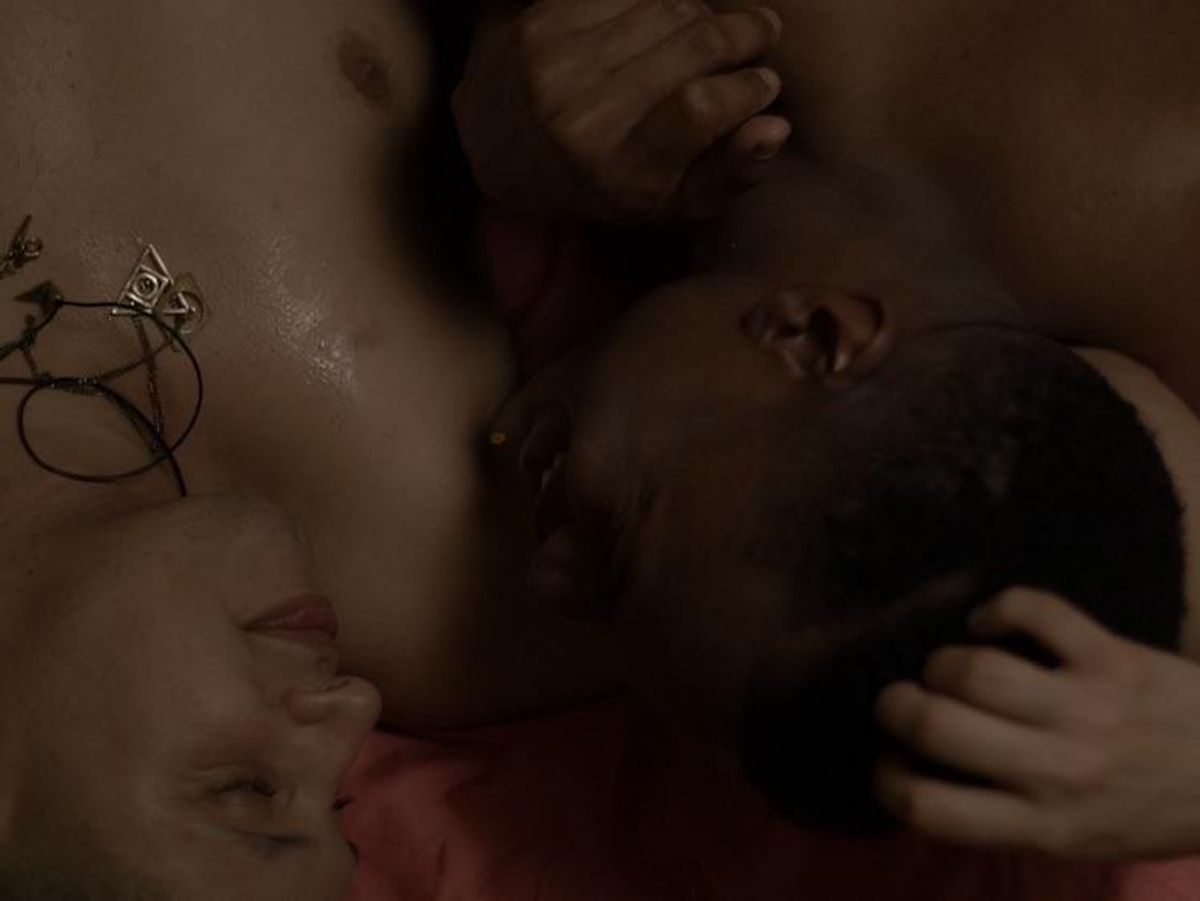



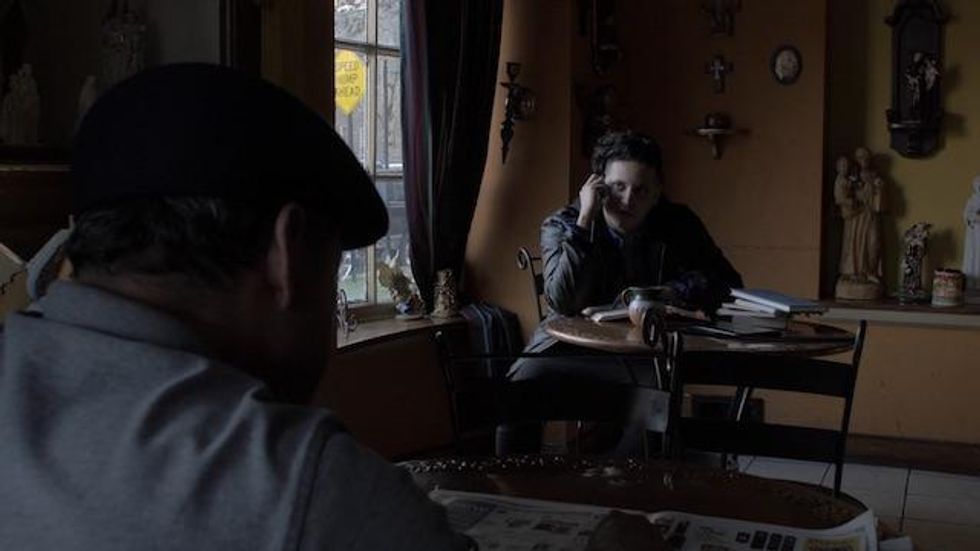















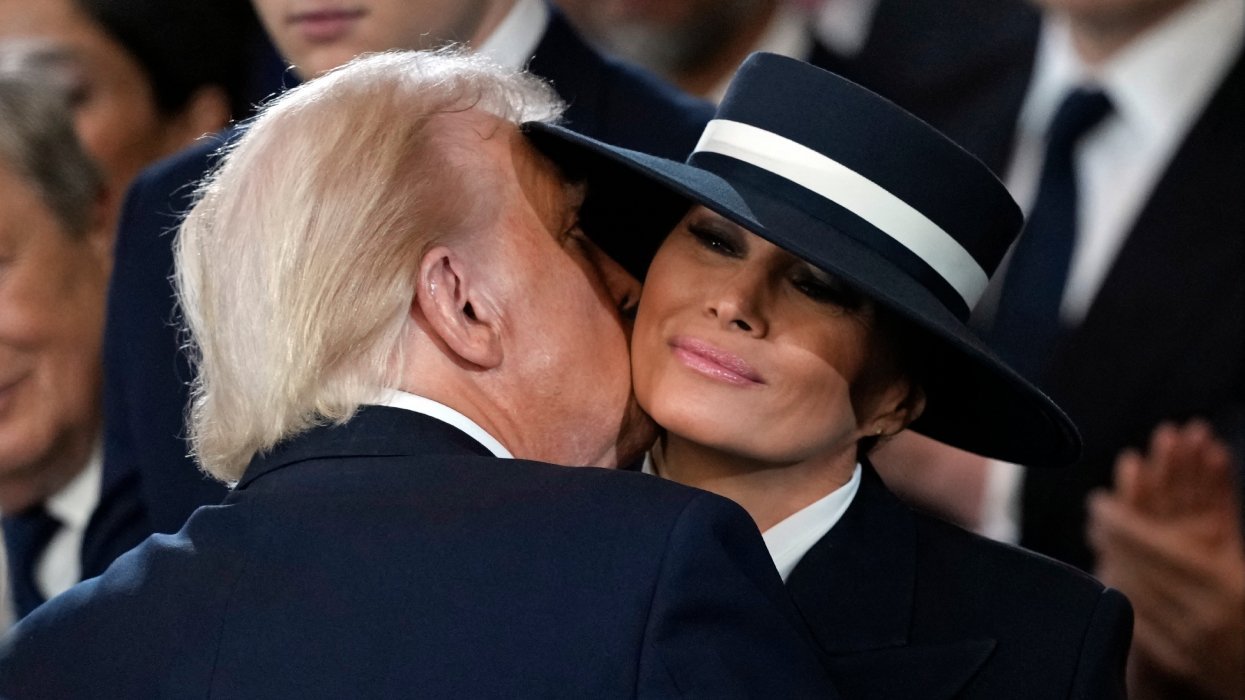


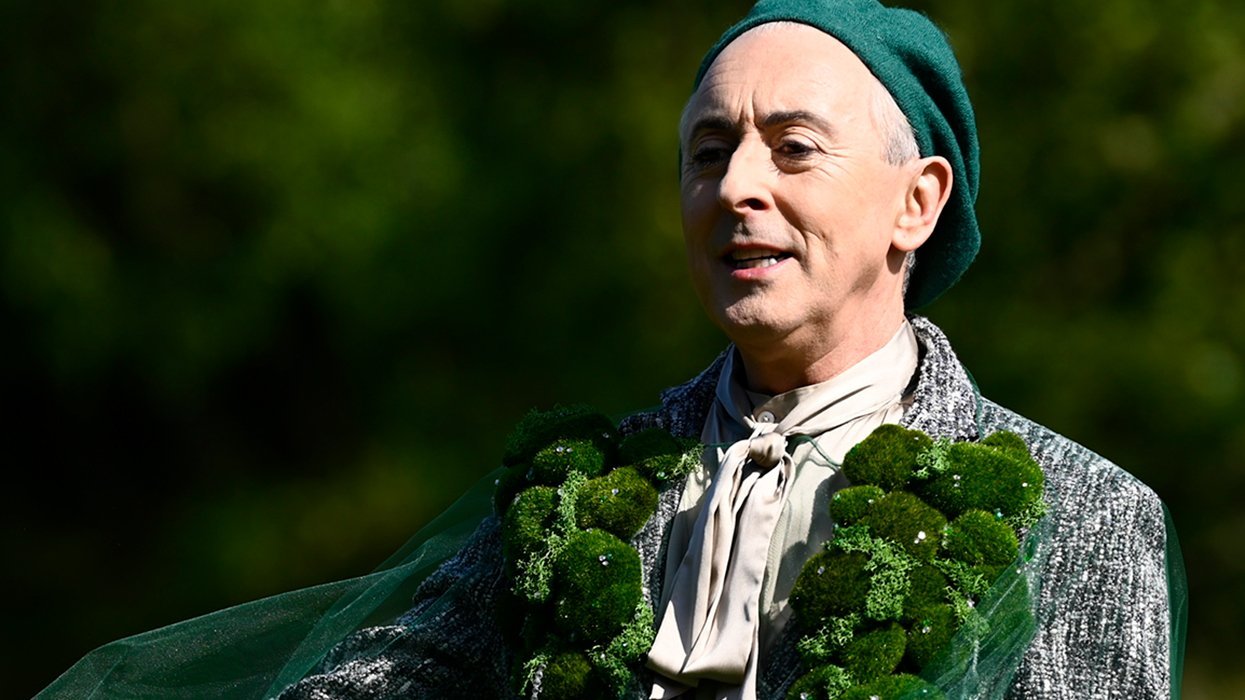
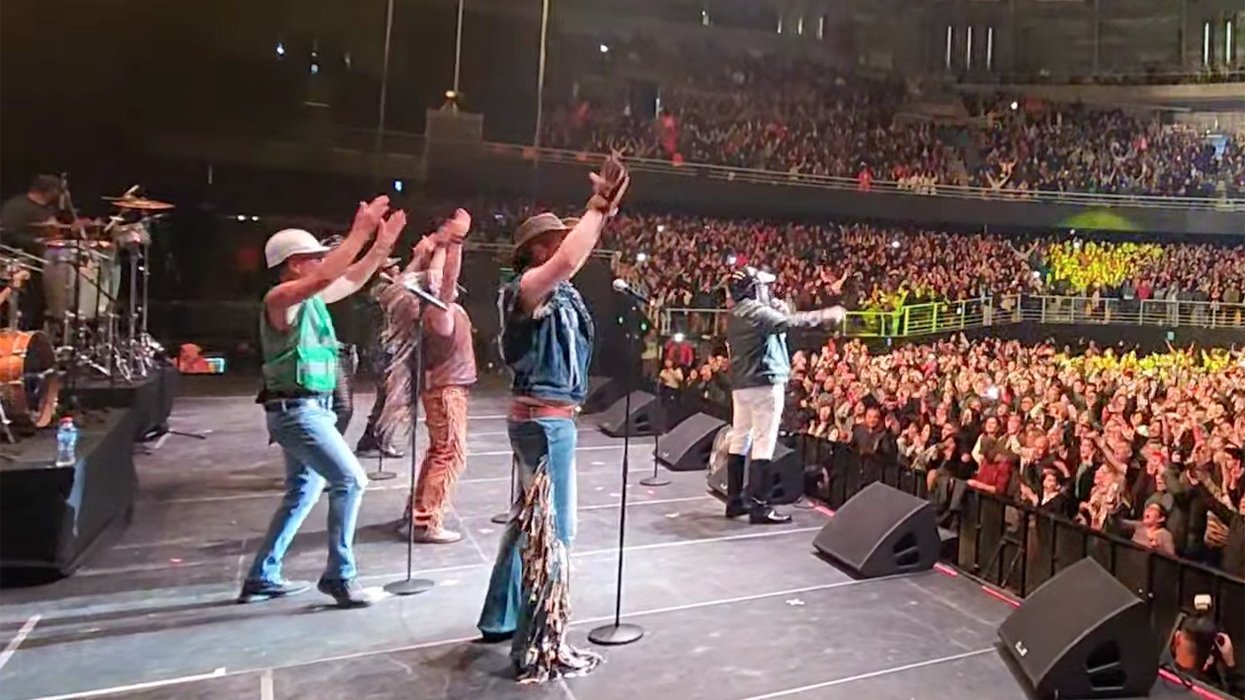
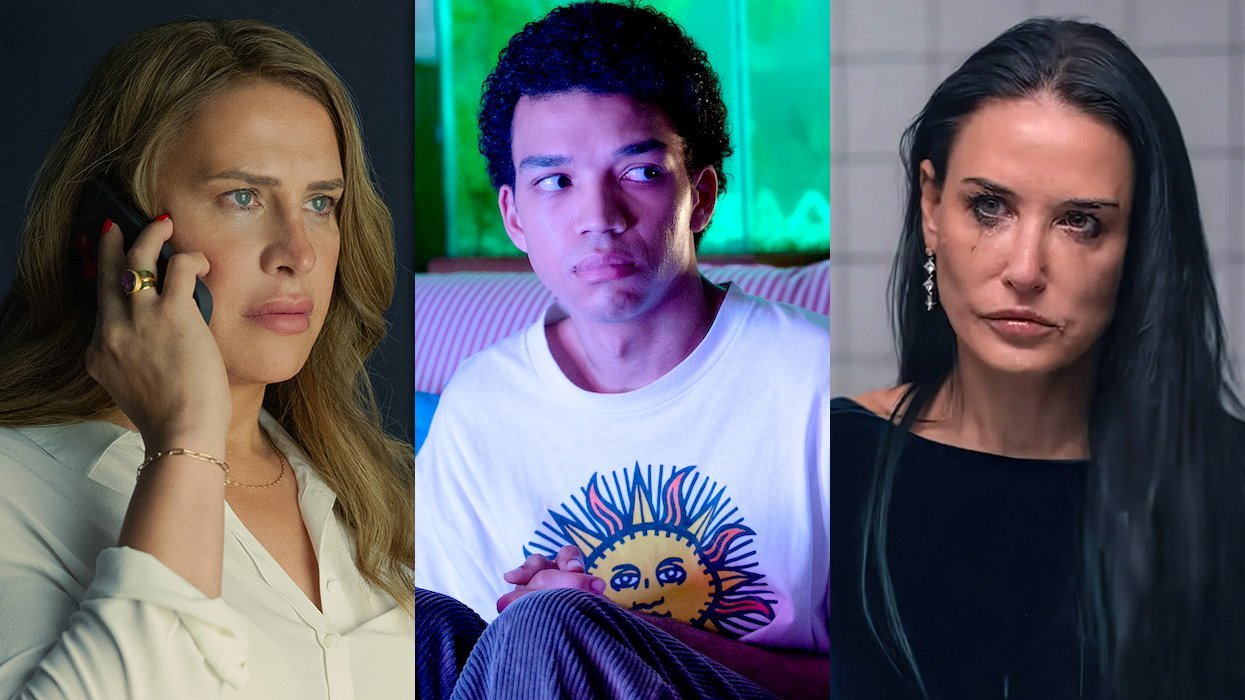
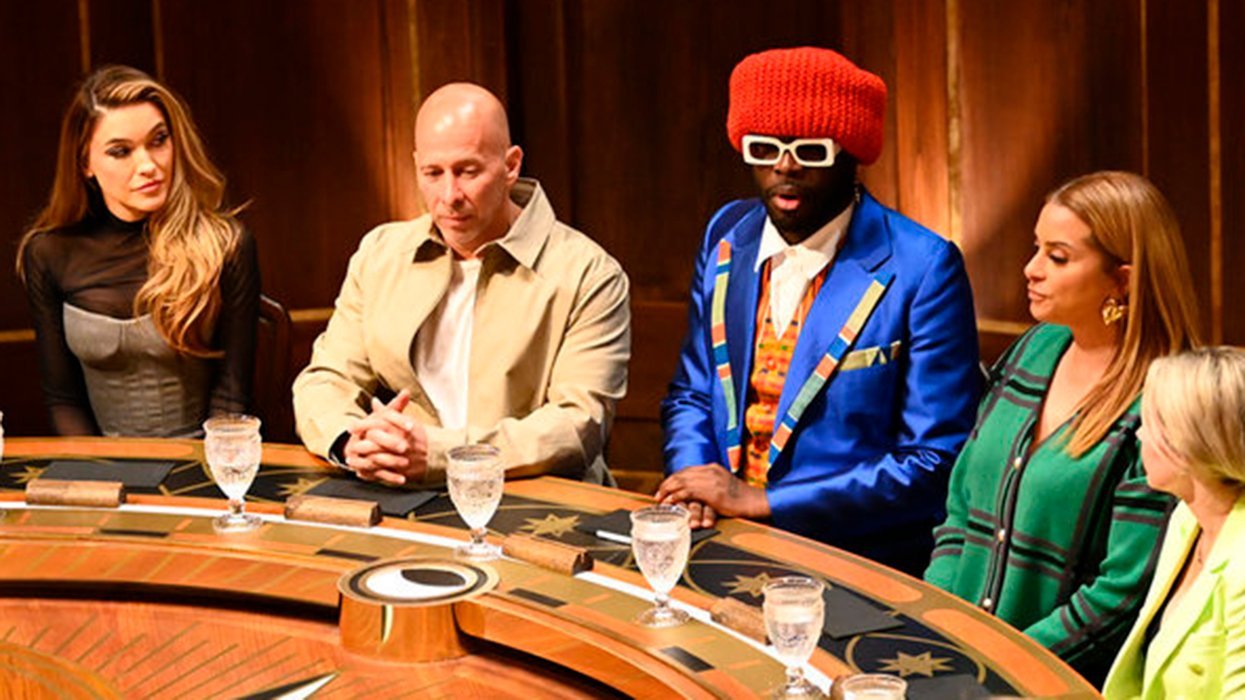
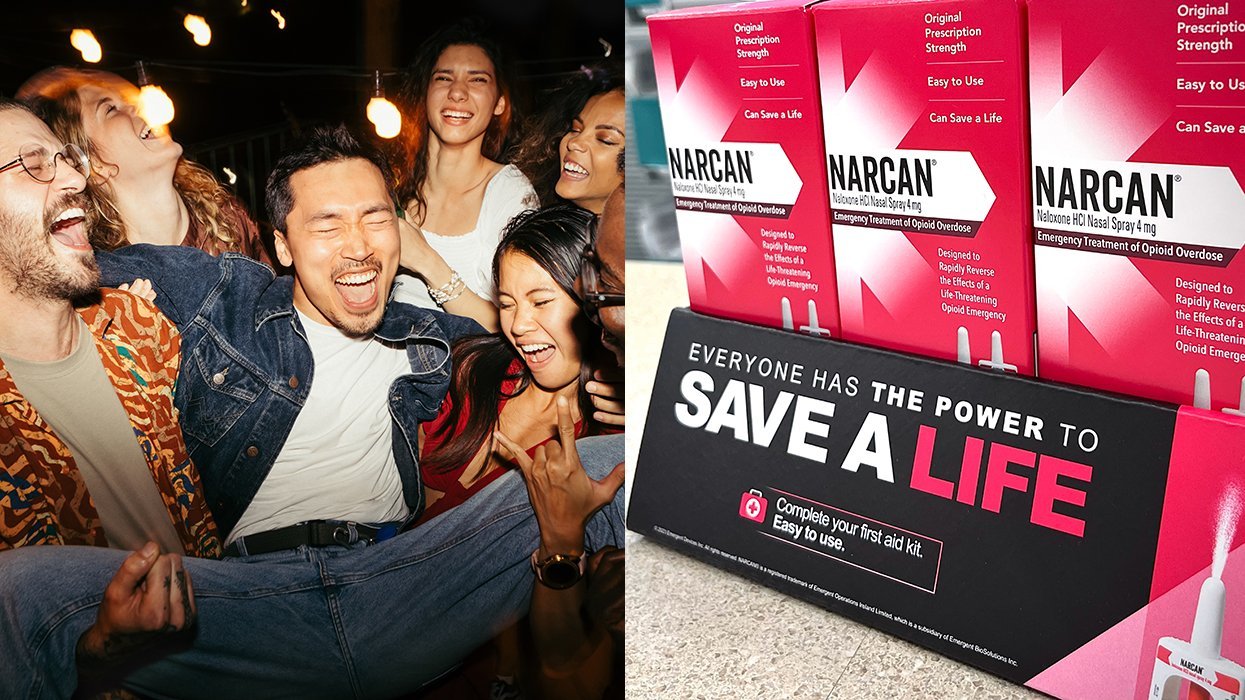
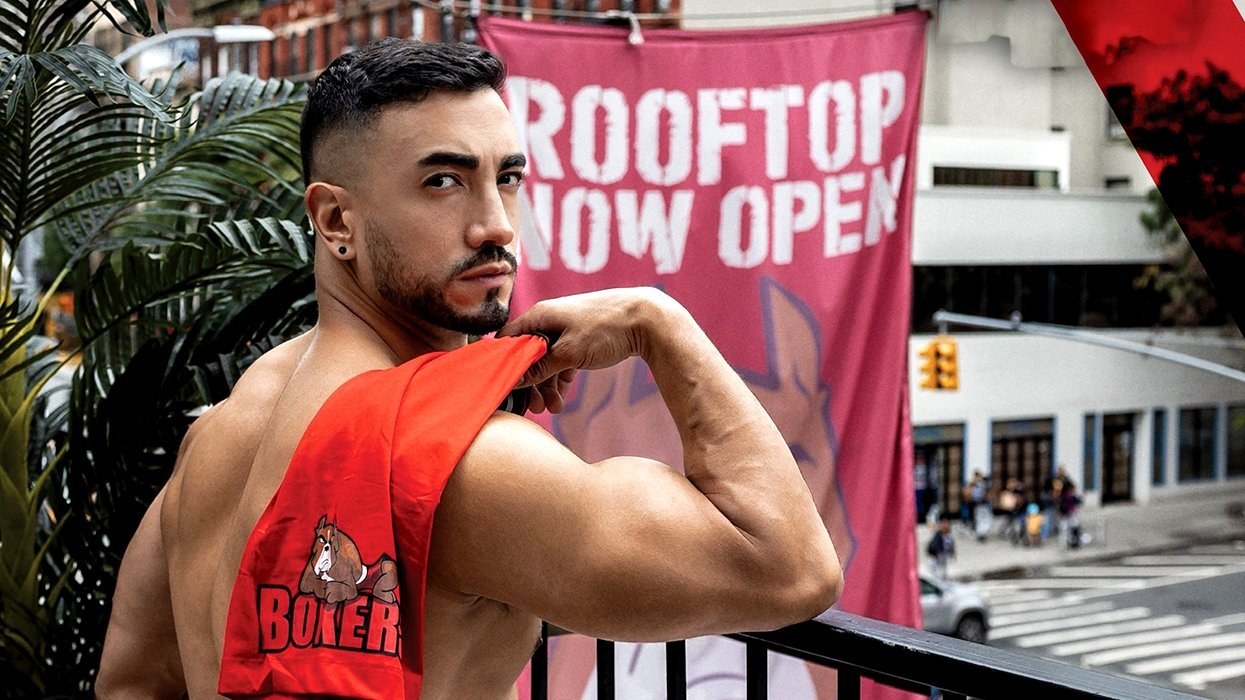
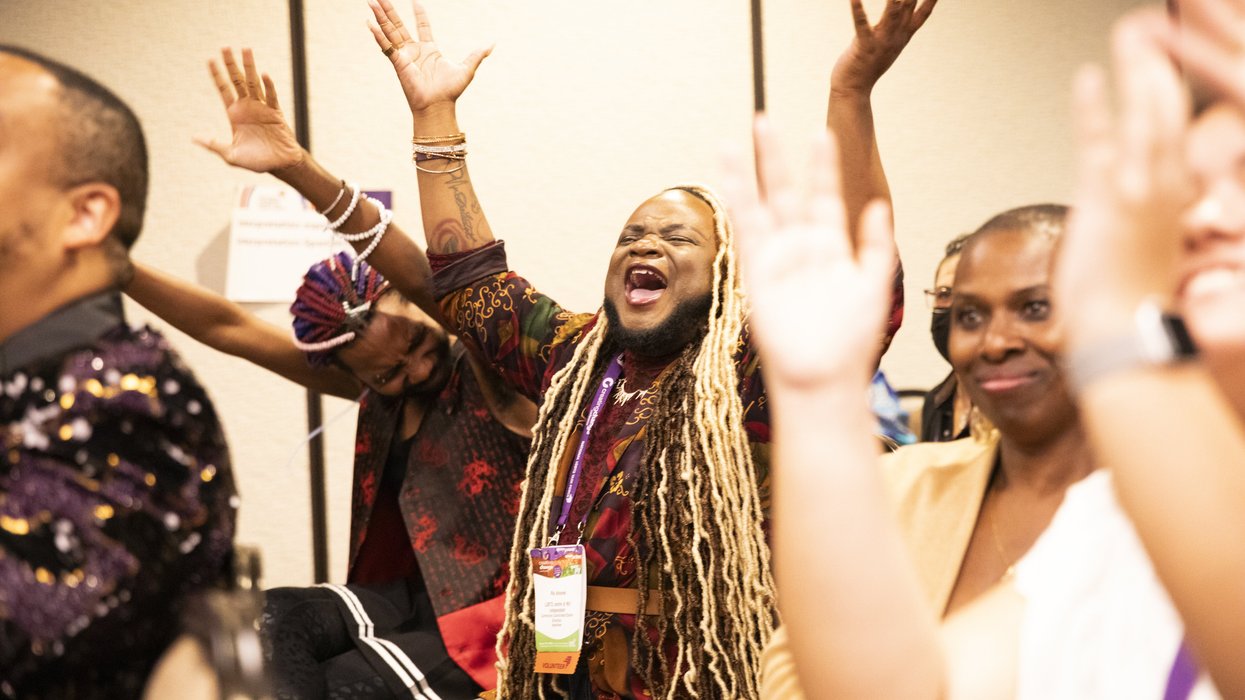
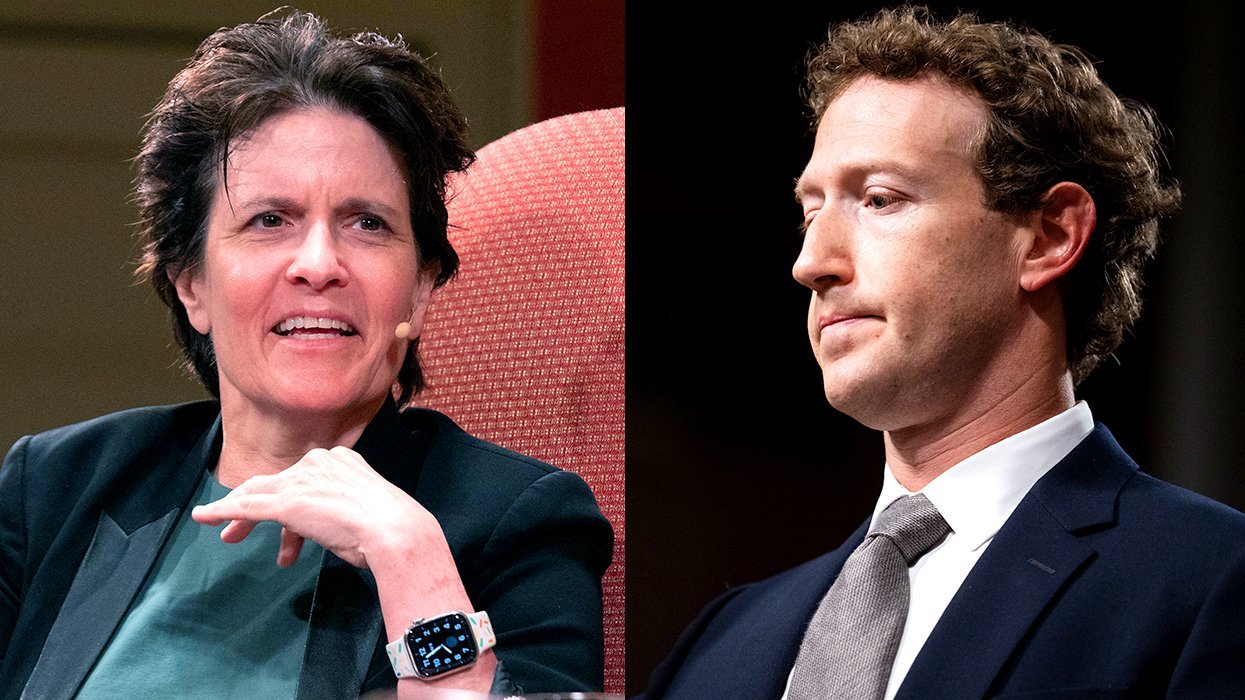
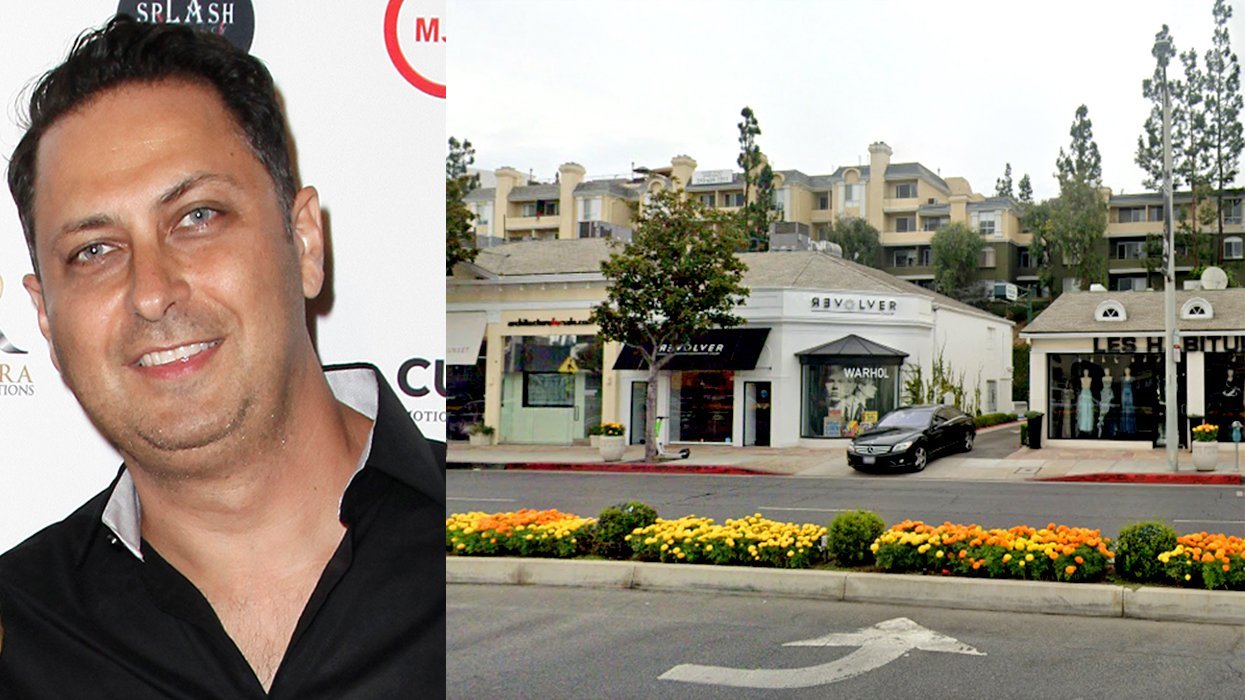
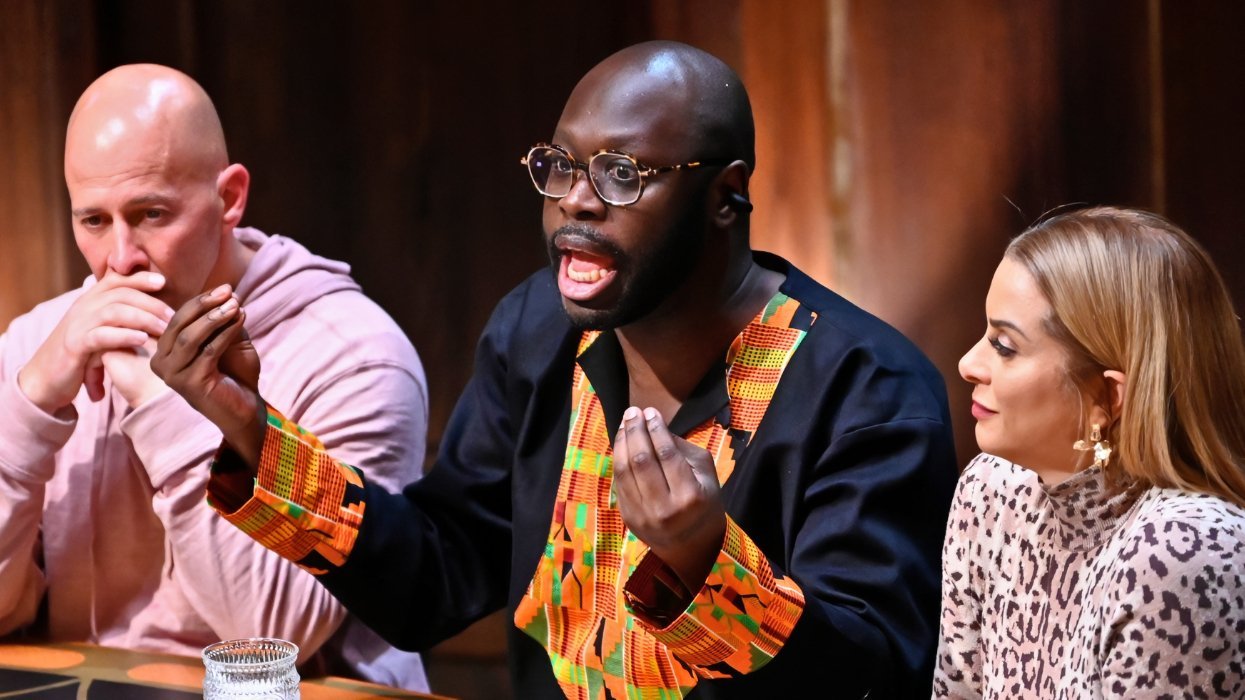
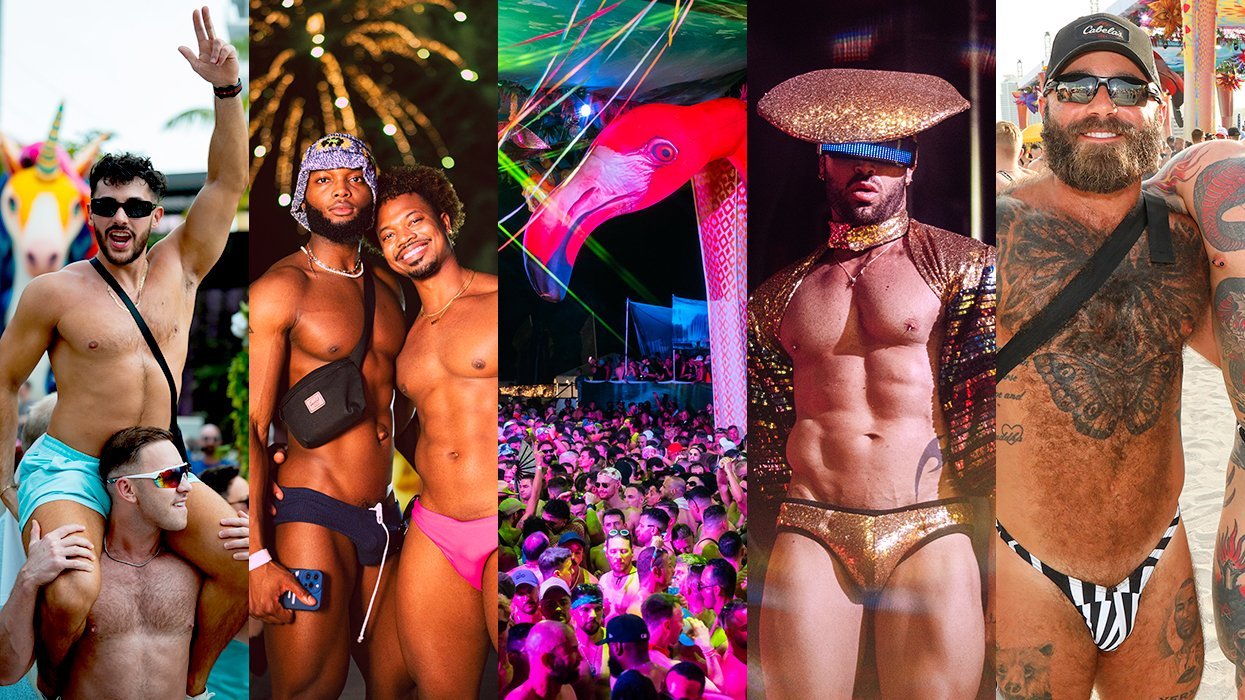

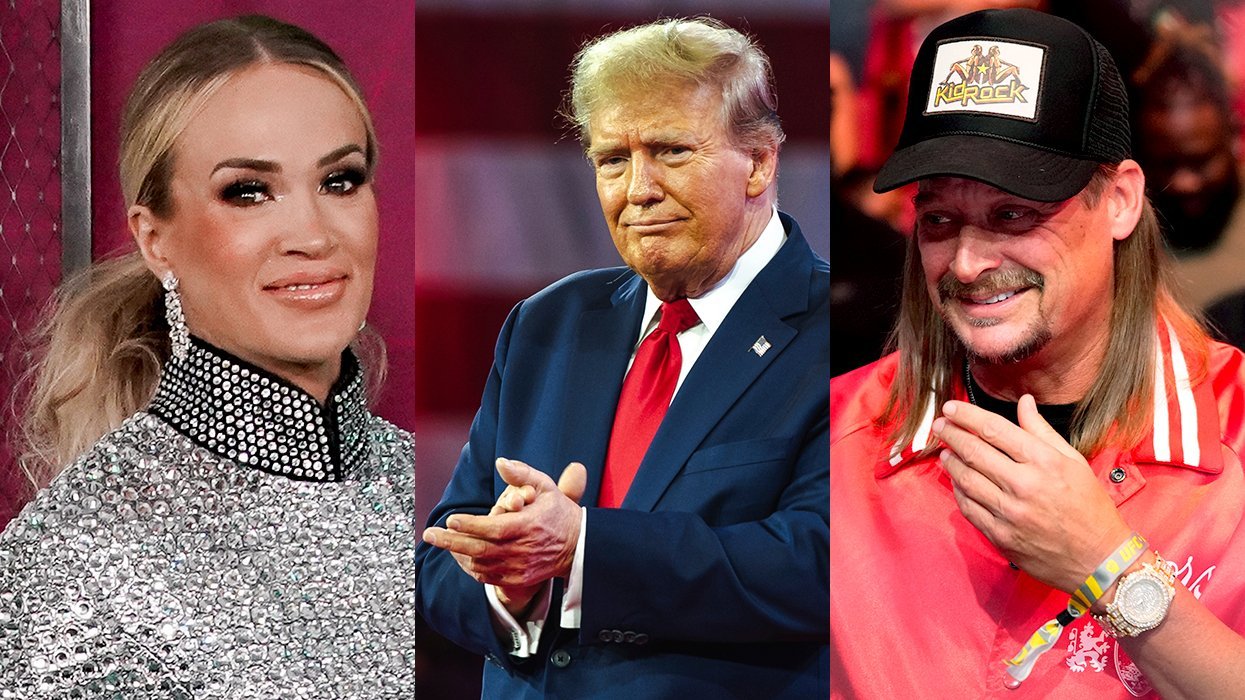
















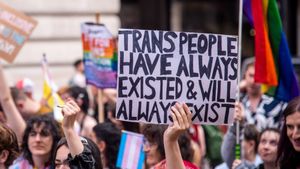
































Beware of the Straightors: 'The Traitors' bros vs. the women and gays